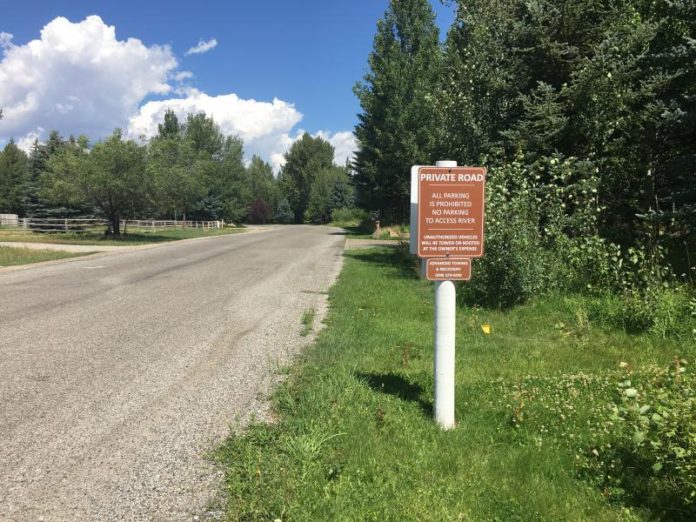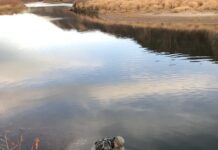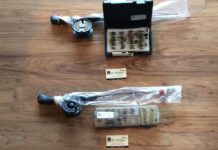A district judge gave Blaine County a favorable decision in a public access lawsuit against a Hailey homeowners association earlier this month. Some lawyers think the decision has broader implications for public lands access in Idaho.
The main question was whether an easement that gives the public access to the Big Wood River along a private road in a subdivision also includes the right for visitors to park along the road.
Though people had used this access point north of Hailey for fishing, kayaking and horseback riding for many years, the Flying Heart Ranch homeowners association began obstructing it last year by putting up ‘No Parking’ signs and towing at least one car.
After back and forth negotiations and animated public hearings, Blaine County filed a complaint last fall. Later, Silver Creek Outfitters, a Ketchum-based fly-fishing apparel and guide company, joined the county in the lawsuit.
“It’s prevented us from using the access for about a year,” Terry Ring, the owner of Silver Creek Outfitters, said of Flying Heart’s various efforts to block parking. His company joined the lawsuit because he felt it put other public access points at risk.
The homeowners association’s concerns were with recreators trespassing through private property and the amount of litter on the path to the river.
Earlier this month, Blaine County district judge Ned Williamson decided in favor of Blaine County on a number of points in the case. Overall, he argued the public is legally allowed to park along the private road in the subdivision, in part because it’s “incidental” to the general public access easement.
“The public shall have access to the Big Wood River. Well, that includes all the specific actions by the public to realize that access,” said Sam Linnet, the lawyer who represented Silver Creek Outfitters in the case.
While the judge wrote that the installation of the ‘No Parking’ signs obstructed the public’s right to the river, he did not weigh in on the removal of the signs or the towing of cars.
Blaine County residents, including Linnet, Ring and representatives from the Wood River Land Trust expressed that, had the judge decided differently, this case could’ve been a precedent for other private property owners to block public access.
“If we allow them to succeed, it allows other property owners to try to block access to what I consider public lands, and public lands, to me, are very precious,” Ring said.
“It really benefits the public when we have local government and local business leaders coming together to ensure the public keeps public access rights,” Linnet said.
A few minor claims that weren’t resolved by the judge’s decision could be discussed in a trial this fall.
The lawyer for Flying Heart Ranch did not respond to a request to comment by our deadline.
Find reporter Rachel Cohen on Twitter @racheld_cohen
Copyright 2020 Boise State Public Radio
Credit: Source link





























